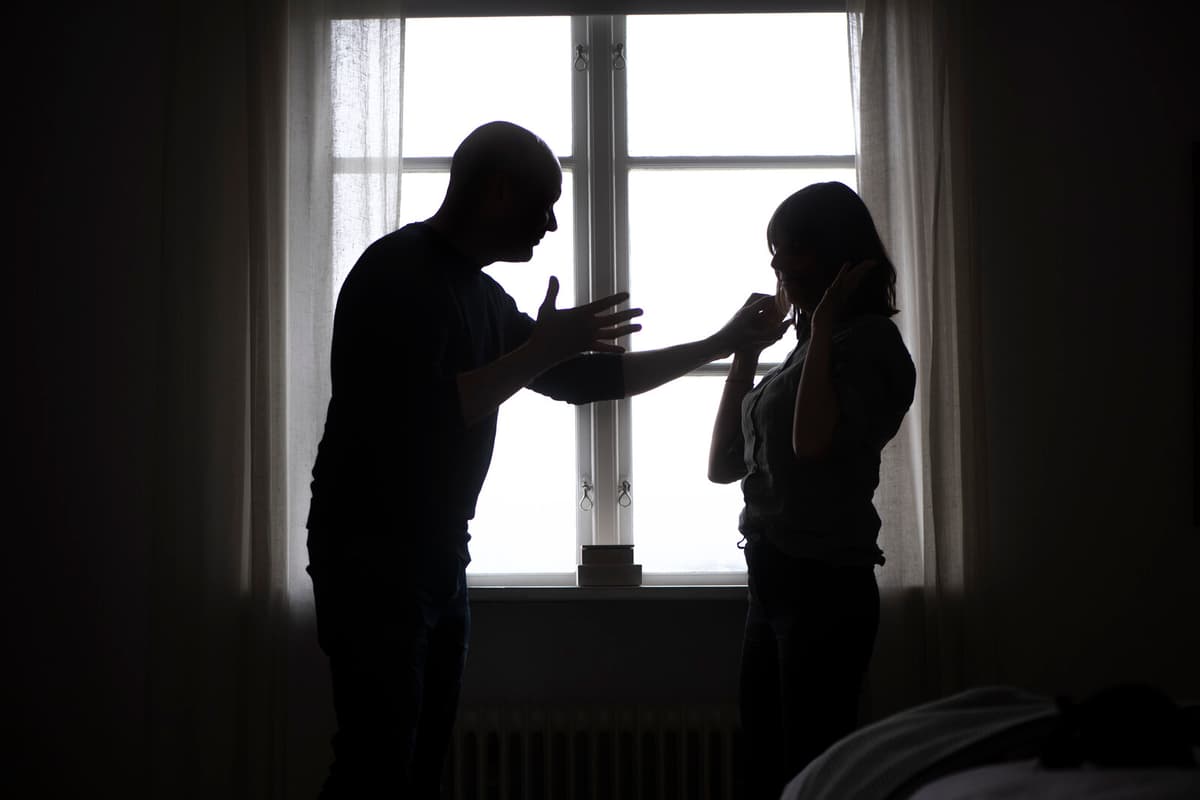The permit requirement introduced last year means new, stricter requirements for protected housing in terms of staffing and paid personnel. And last summer, an additional requirement for around-the-clock employment was introduced – which in principle makes it impossible for non-profit associations to continue running protected housing, according to Samadi and Strandhäll.
The staff requirements have led to a wave of closures. In Gävleborg and Norrbotten, there are no protected housing left, according to Roks – which fears that women are forced to stay in relationships with violent men as a result.
Many women's shelters are run on a voluntary basis – which is not considered as staffing in the sense of the law. To be granted a permit, it is also required that the operation is run by a manager with a university education in social services law.
"How strictly these issues are interpreted will determine the future of women's shelters", write Samadi and Strandhäll.
They demand that the government take action and request "a reassessment of the law on protected housing" to stop the closures.






